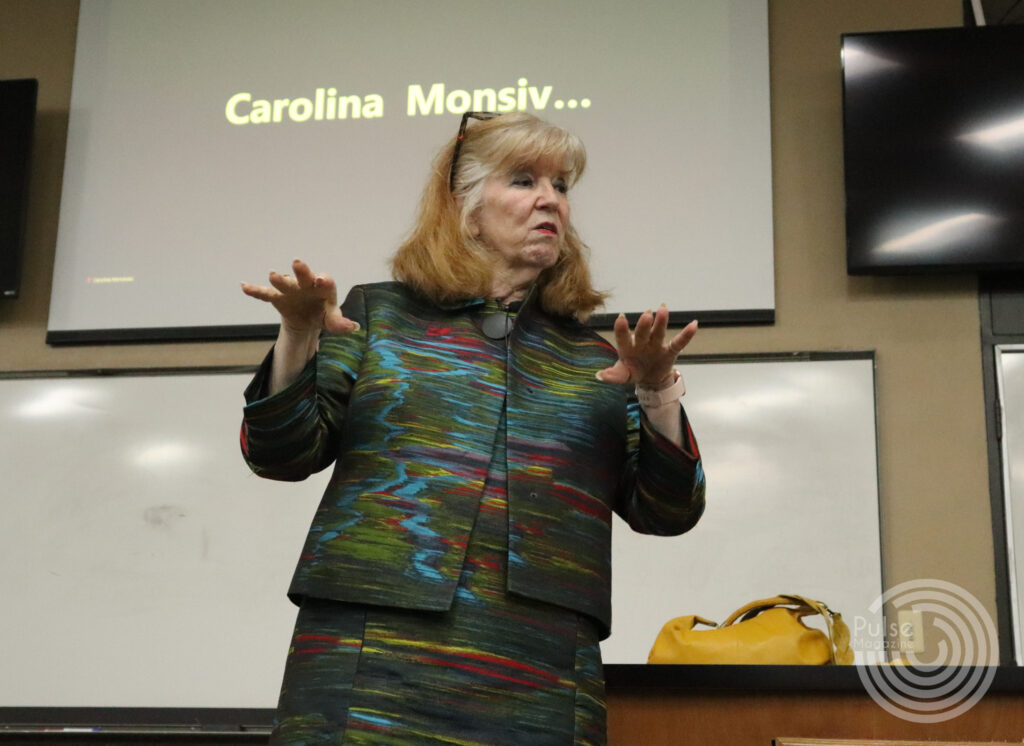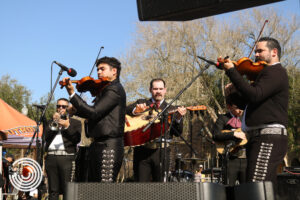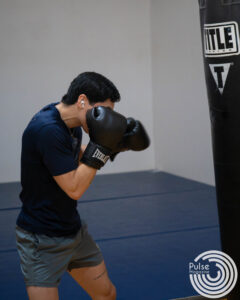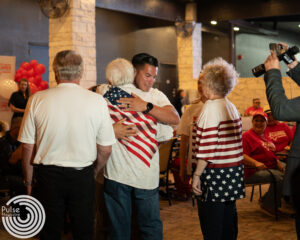Reproductive Rights through History’s Eye

Catherine Clinton,Denman chair of American History at University of Texas San Antonio gives a lecture on reproductive rights from the Civil War era to modern day hosted by UTRGV Rondel V. Davidson Endowment Fund and School of Interdisciplinary Programs and Community Engagement Oct. 17. Mikaela Lagunes/ Pulse
Lecture about women’s health rights presents discussion to UTRGV public
A University of Texas at San Antonio history professor gave a lecture about the history of reproductive liberties, bringing up the discussion of issues women face in present day earlier this month on the Edinburg campus.
Catherine Clinton, Denman chair of American History at the University of Texas at San Antonio, is a co-editor of the book “Roe v. Wade: Fifty Years After” (2024), and the author or editor of over 30 books was invited to lecture about the history of women’s reproductive liberties.
Rondel V. Davidson Endowment and the University of Texas Rio Grande Valley School Of Interdisciplinary Programs & Community Engagement hosted the lecture Oct. 17.
“When we learned of her new book debut ‘Roe v. Wade: 50 Years After,’ we felt that the topic was extremely important and would be of great interest to our UTRGV History Department and the SIPCE,” said Roseann Bacha-Garza, program director of Community Historical Archaeology Project with Schools at UTRGV.
The discussion about liberties started when Clinton’s lecture brought up today’s global politics about women’s rights, evoking the topic about Texas’ role in the issues.
“I would say in Texas, that’s the big dilemma, is that we really can’t depend on the law,” Clinton said.
Bacha-Garza said the purpose of Clinton’s lecture was to not only inform the public on reproductive rights history, but to counteract the active erasure of women’s health rights.

“We see that women’s rights to choose what to do with her body is vastly diminishing,” she said. “It would be great to get that back on track.”
Victoria Castillo, a UTRGV criminal justice senior, said all people deserve human rights.
“To distinguish who should get it and who is allowed to have, it is beyond disgusting,” Castillo said.
Bacha-Garza explained the lecture provided attendees an overview of what has been happening since the ruling of Roe v. Wade was overturned and its effect so people can make a more informed decision when voting.
“Part of it is we have to counter what’s going on in our state legally,” Clinton said. “I think the idea that a protest movement is coming on here is very good.”
Castillo said she wants to continue to fight for women’s rights in the Rio Grande Valley.
“It’s been a fight that women before us, our mothers and grandmothers and great grandmothers have fought over and over again,” Castillo said. “ Ultimately, we still have to fight today.”
Musician Saige Soriano, a member of the community who attended the lecture, said she would like to see change in the RGV.
“I hope to see shifts of perspective of minds being changed or opened more, especially because of the background of people down here,” Soriano said.
Bacha-Garza said she urges students to research and vote.
“My advice to students would be to do your research, look into the different candidates that are going to be on the ballot,” Bacha-Garza said. “Your vote is going to be a very important vote.”
To learn more about the Rondel v. Endowment fund, visit the UTRGV History Department website. To learn about SIPCE, visit its website.







